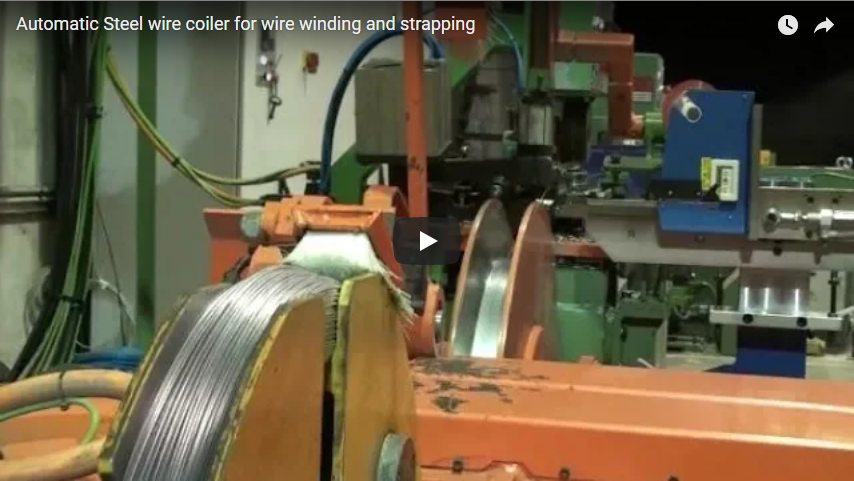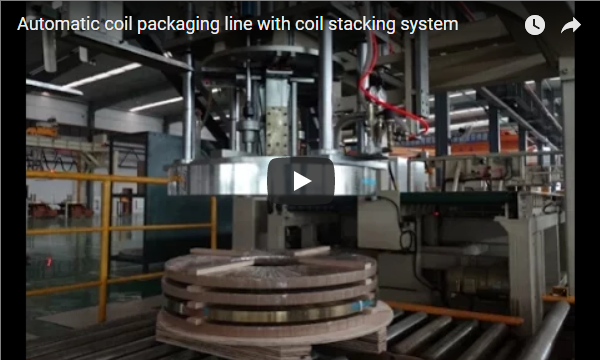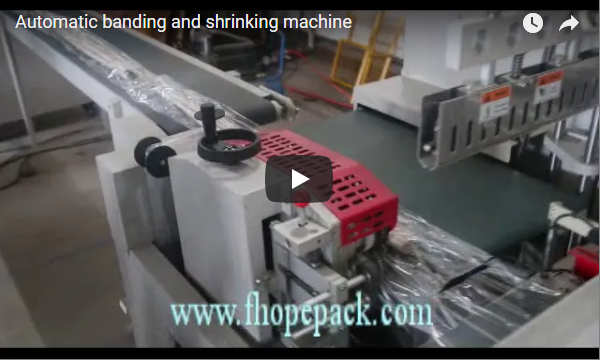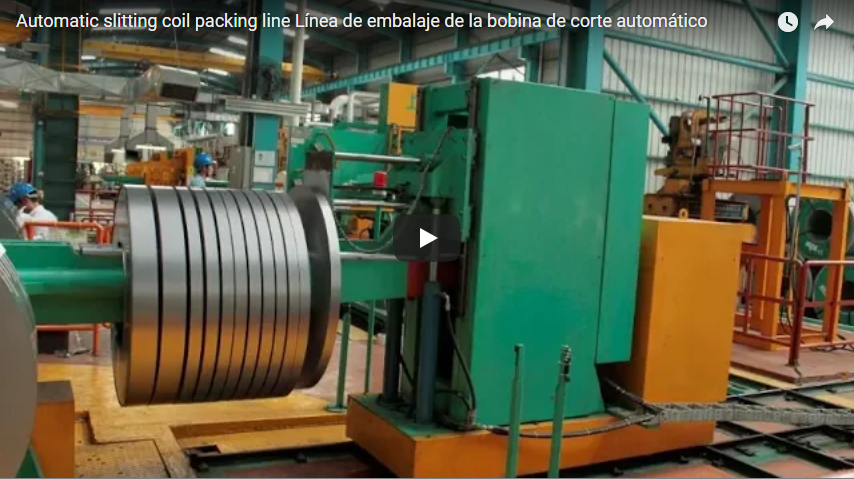How to Empower Your Steel Business with Automated Tyre Packing Line?
Struggling with inefficiencies in your tyre packaging line? Manual processes wasting time, money, and risking safety? Automating your packaging can eliminate these pains quickly and effectively.
Automated tyre packing lines empower your steel business by significantly enhancing production efficiency, cutting labor expenses, and improving workplace safety. Automation also ensures consistent quality packaging and faster turnaround times for your tyres.
Upgrading to an automated system might seem complex. Let’s explore how automation transforms your business, makes production smoother, safer, and boosts your competitiveness in the market.
Boosting Production Efficiency with Automated Tyre Packaging Solutions?
Are manual packing methods slowing down your tyre production line? Inefficient operations can severely limit your output, costing valuable time and revenue in today's fast-paced steel industry.
Automated tyre packaging solutions streamline processes, enabling faster and more reliable operations. They handle tyre loading, positioning, wrapping, and stacking automatically, dramatically increasing your daily output while maintaining high quality and consistency.
How Automation Specifically Improves Production Efficiency
To better understand automation's impact, let's examine key advantages in tyre packaging processes:
| Key Advantage | Explanation and Impact |
|---|---|
| Faster Wrapping Speeds | Automated systems wrap tyres quickly without manual delays. |
| Consistent Operation | Machines consistently wrap tyres the same way every time. |
| Reduced Downtime | Automation minimizes human errors and machine downtime. |
| Scalability | Easily adjustable for different tyre sizes and production demands. |
When I first implemented an automated packing system at our facility, the immediate benefit was speed. Our manual operation previously processed about 200 tyres per hour, but automation boosted this number to more than 500 tyres per hour consistently. Automation eliminated slowdowns due to human fatigue and inconsistent wrapping quality. Production schedules became predictable and accurate, allowing us to meet demanding market expectations without constant overtime.
Furthermore, downtime was drastically reduced. Traditional methods often require pauses for operator fatigue or shift changes. Automated systems run continuously with only scheduled maintenance, significantly boosting total production capacity. Additionally, machines easily adjust to different tyre sizes without extensive downtime. Changing production requirements no longer meant halting operations for adjustments.
By automating, your business can dramatically improve its operational capacity, ensuring greater competitiveness and reliability in your industry.
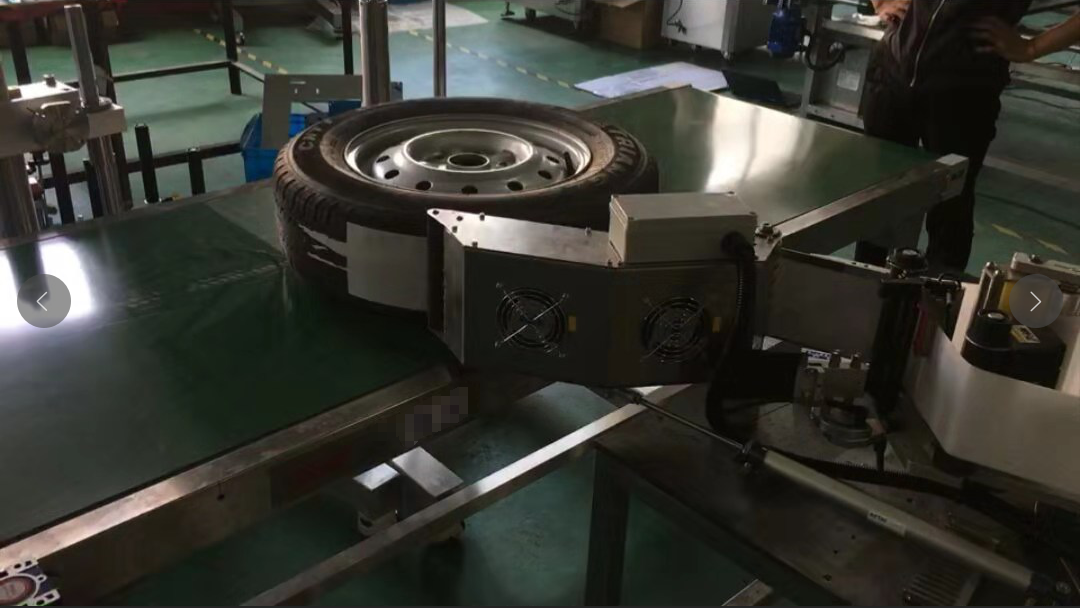
Reducing Labor Costs and Enhancing Safety in Steel Industry Packaging?
Are your operational costs inflated due to high labor expenses? Do frequent safety incidents disrupt your workflow and pose risks to your staff and business reputation?
Automated tyre packaging solutions significantly reduce the need for manual labor, directly lowering operational expenses and eliminating the risk associated with repetitive manual handling. These automated systems operate with minimal supervision, drastically enhancing workplace safety.
Why Automation Cuts Labor Costs and Improves Workplace Safety
Let’s break down how automation directly impacts labor costs and safety using clear factors:
| Factor | Impact on Cost and Safety |
|---|---|
| Reduced Staffing Needs | Fewer manual tasks reduce the number of employees needed |
| Lower Injury Risk | Automating heavy lifting and repetitive tasks reduces injuries |
| Consistency & Reliability | Less human error improves overall production quality |
| Improved Working Conditions | Employees transition to supervisory roles, reducing fatigue |
When our plant was predominantly manual, employee fatigue and frequent injuries related to repetitive movements and heavy lifting were common issues. High staff turnover rates increased hiring and training costs significantly. After automating our packaging processes, we saw immediate improvements. Automation eliminated heavy manual lifting tasks, dramatically reducing injuries and worker compensation claims. Employees shifted to less physically demanding, supervisory roles, significantly boosting their job satisfaction and productivity.
Labor costs also decreased sharply. Fewer staff were required to manage operations, reducing overall operational expenses. With automation taking over the most repetitive and hazardous tasks, employee retention improved, cutting down recruitment and training expenses further.
By automating, your business reduces unnecessary labor costs and transforms your workplace into a safer environment, leading to happier, more productive employees and lower overhead expenses.
Achieving Consistent Quality and Faster Delivery Times with Automation?
Struggling to achieve consistent packaging quality across your products? Inconsistent wrapping can lead to damaged tyres and dissatisfied customers, ultimately harming your brand's reputation.
Automation ensures each tyre is packed consistently, meeting strict quality standards every time. Automated packaging systems also accelerate processes, allowing faster and more reliable delivery schedules, boosting customer satisfaction and market competitiveness.
How Automation Ensures Quality Consistency and Improves Delivery Times
To better appreciate how automation achieves consistency and speed, let’s explore critical areas of improvement:
| Quality & Delivery Improvement | Explanation and Impact |
|---|---|
| Precision Wrapping | Automation wraps each tyre uniformly, eliminating variation |
| Damage Prevention | Consistent packing prevents damage during storage and shipping |
| Real-time Monitoring | Automatic sensors ensure wrapping quality in real-time |
| Faster Processing | Continuous operation without breaks speeds up order fulfillment |
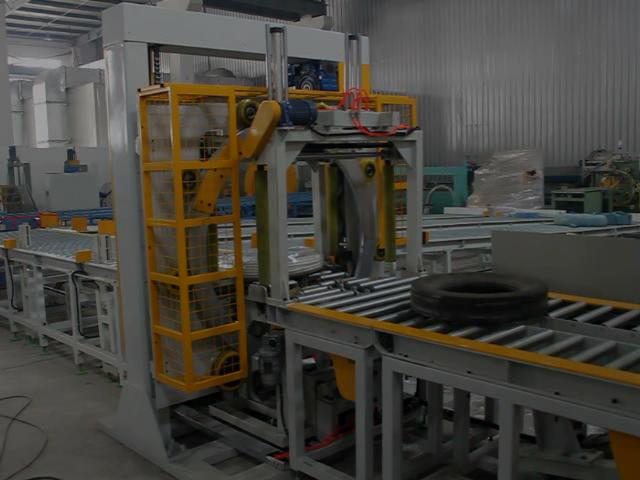
Before automation, our business faced regular complaints about packaging inconsistencies. Manual wrapping methods led to tyres poorly protected against moisture and dust, resulting in damage claims from customers. Since implementing automated tyre packaging, these issues disappeared. Each tyre received uniform wrapping protection, virtually eliminating product damage complaints and returns.
Moreover, delivery speed improved significantly. Automation's consistency reduced time lost on re-packaging or handling damaged goods. Processes became predictable, enabling reliable scheduling and fulfillment. Customers noticed faster turnaround times and better product quality immediately, greatly enhancing our market reputation.
Automated sensors were another advantage. Real-time monitoring allowed immediate detection and correction of any wrapping inconsistencies. Instead of discovering packaging issues after shipping, we corrected them instantly, maintaining consistent high quality standards.
Automation dramatically improves both quality consistency and delivery times, directly benefiting your customers and your business’s bottom line.
Conclusion
Automating your tyre packing process offers enormous advantages for steel businesses seeking efficiency, cost savings, and improved quality control. By adopting automated packing solutions, you enhance your operational efficiency significantly, reduce manual labor costs, increase workplace safety, and deliver consistently high-quality products. In today's competitive market, automation isn't merely an option; it's essential for your business's long-term success and growth. Invest in automation today and position your steel business for sustainable profitability and industry leadership.

